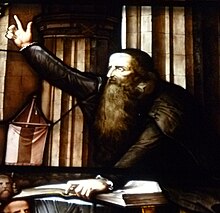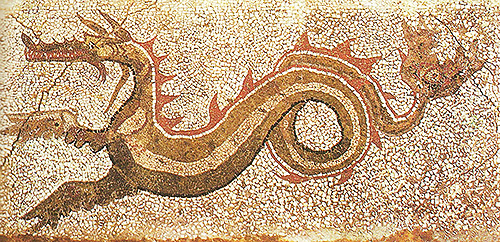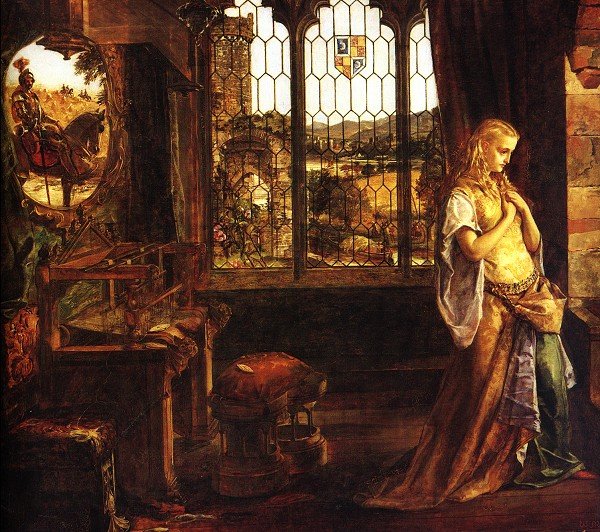
No! this post isn't about Batman. Or, at least, not just about Batman. It's about a certain type of character, and although it is related closely to the antihero, this sort of character is not villainous in anyway. It may be dark, brooding, perhaps introverted, but it stands as a bastion of moral purity in a hive of scum and villainy.
No, it's still not about Batman.
So, the question is, may a christian make the brooding, dark-knightesque, protector, sort-of-hero? Is that a legitimate enterprise for christian fiction? Think of this sort of character for a moment. He's the pinnacle of virtue in a city and acts as it's guardian; and this is all well and good, but then he takes the law into his own hands! The nerve! He has to resort to desperate measures against villains. He lives in a dark world and, as such, adopts a dark mindset. Is this really something christians should fill their head with?
Alright--maybe this is about Batman. Just a little.
I've heard a lot of christians say this ideal is overly dark. The idea of a lone protector against a vast sea of writhing evil is a sad, depressing feeling, they say, and one that christians should stay away from. I think, perhaps, these Christians are suffering from the cult of happyology. As if christianity should shun heavy, weighty things and stick to that which is light and optimistic!
This stands in opposition of what the Bible has to say: think for a moment on the Judges, they were lone protectors who often had to enforce justice with a firm hand, weren't they? Think of Jeremiah, who utterly opposed all his authorities, of the plagues of Egypt and Ecclesiastes. The Bible can be dark--very dark. We don't like to think about it, but that's the way it is.
Which brings us back to Batman again. I think as long as your Batman (or Batman-like-character) is upholding the law of God, and as long as he realizes that everything does not depend on him, then I see no problem pitting your character against the world. The world can be a dark place. Sometimes there's only one brave person to stand against it.




.jpg!xlMedium.jpg)





















